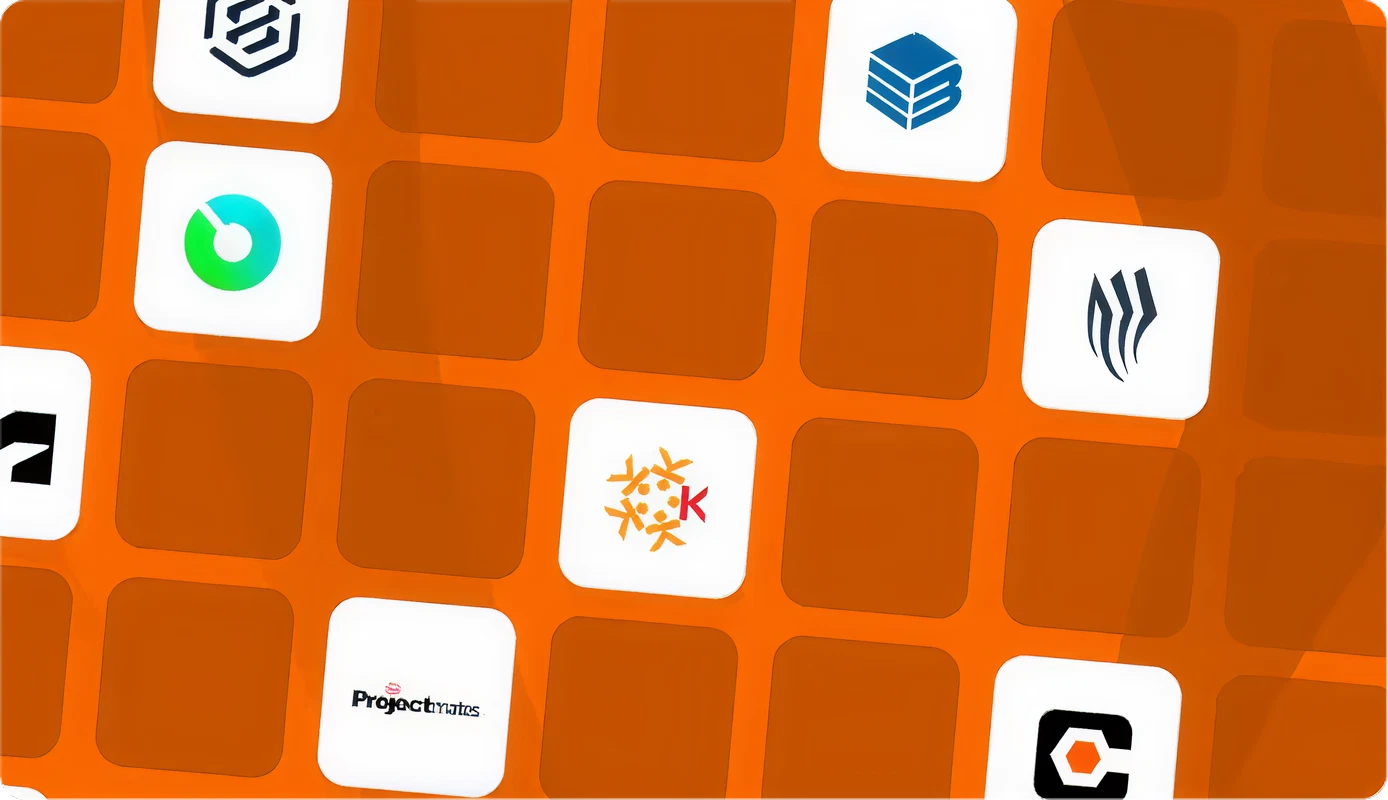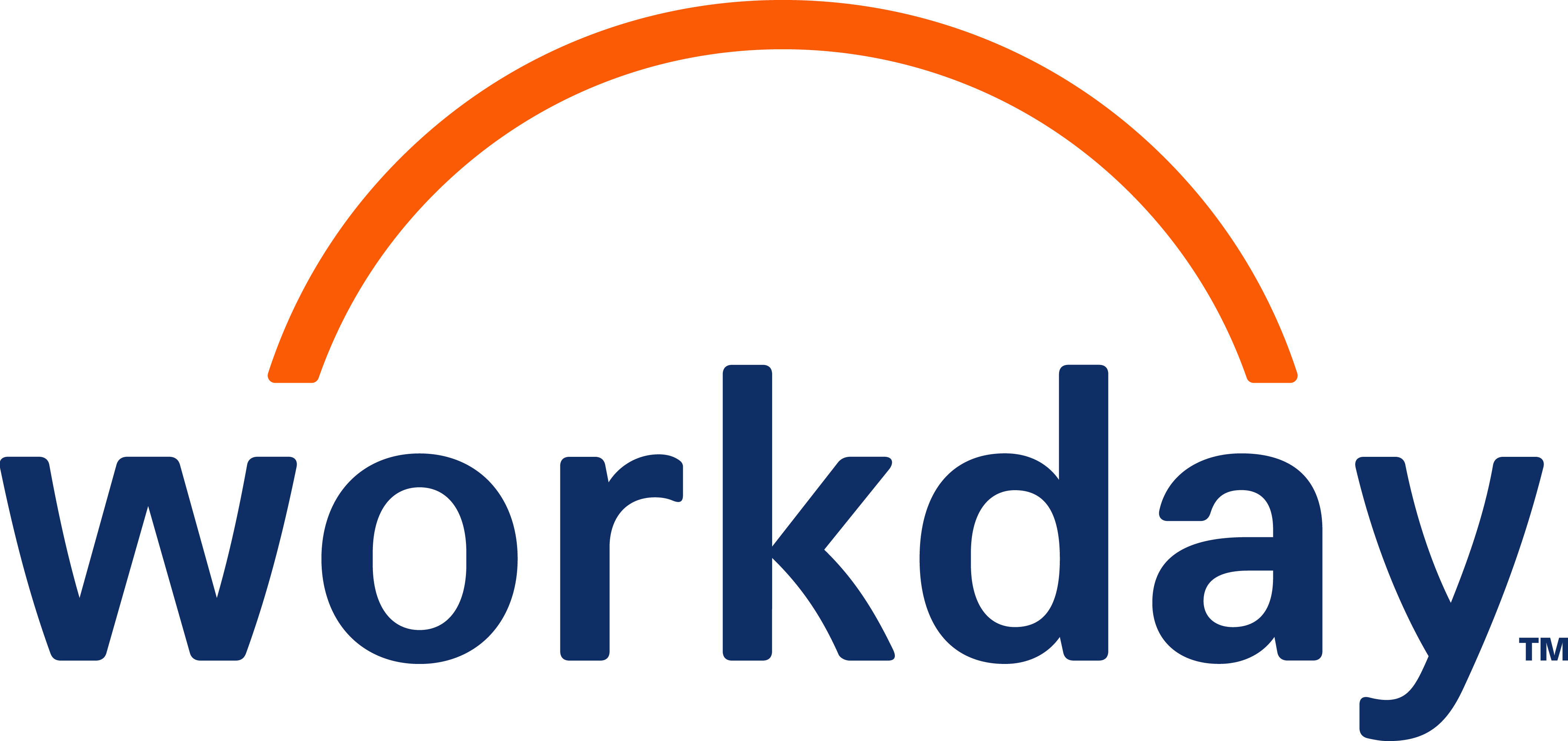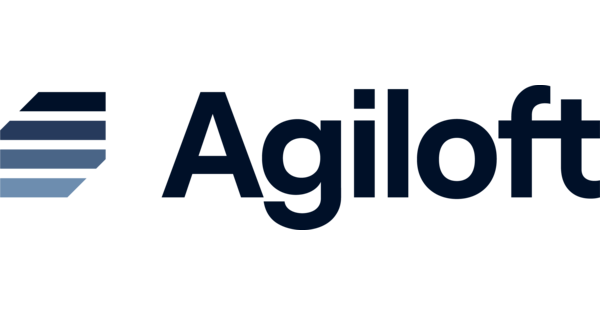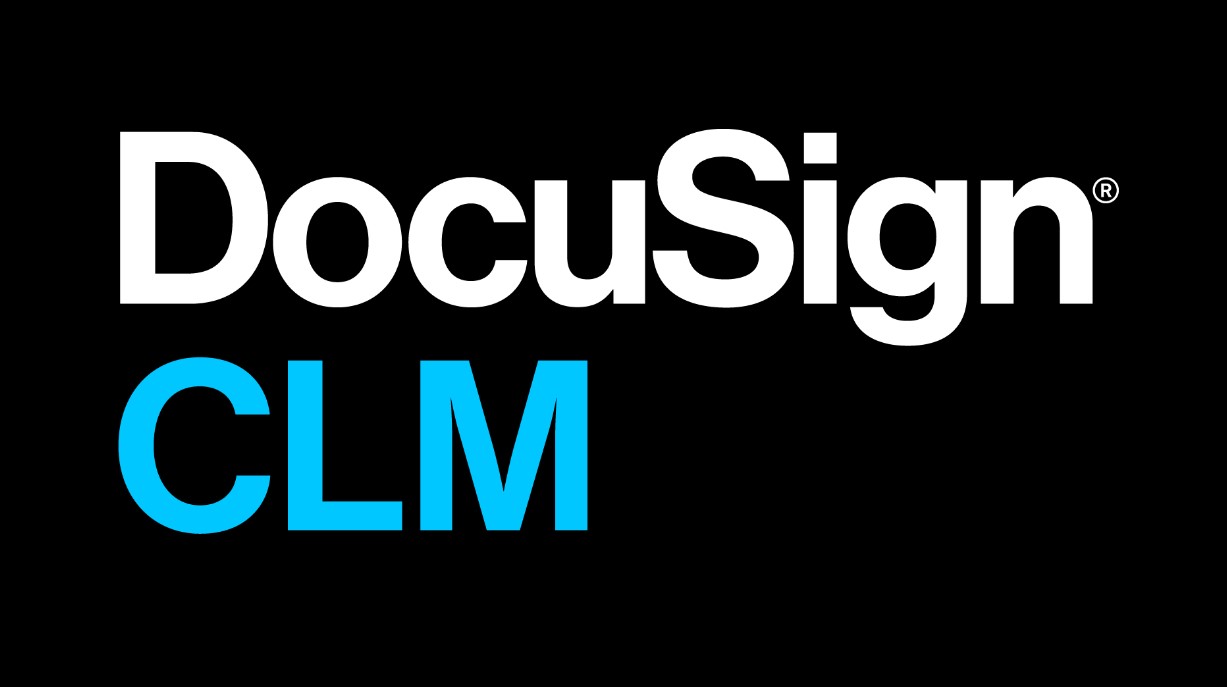Compare the best AI contract management software built for project teams in 2026. Automate drafting, approvals, and compliance to keep contracts accurate, transparent, and on schedule.

Gain full control of your contracts with an AI-powered platform built to streamline complex workflow management. AI contract management software helps your team automate contract lifecycles, track obligations, and reduce risks that could disrupt project delivery. Here are the leading options for 2026:
AI contract management software is a digital platform that uses artificial intelligence to manage every stage of a contract’s lifecycle. It automates drafting, reviews, and compliance checks to save time and reduce human error.
The software reads documents using natural language processing (NLP) to identify clauses, deadlines, and obligations. It can flag inconsistencies, missing information, or risky language before a contract is signed.
In contract management, this means faster turnaround on approvals and fewer errors in complex documents like change orders or progress payment agreements. Some platforms also automate reminders for milestones, renewals, or compliance checks, keeping projects on track and transparent.
AI contract management software works by reading, analyzing, and managing contract data using machine learning and NLP. It automates manual contract review tasks and gives teams real-time visibility over contract performance and compliance.
Here’s how it operates in real-world construction workflows:
AI contract management software works best when it continuously learns from previous contracts and adapts its detection models to an organization’s risk profile and language standards.
💡 Pro Tip: Before implementing AI contract review, feed the system with your company’s legacy contracts, especially those with disputes or claims. Training with real project data improves accuracy and speeds up reviews.
AI-driven contract management software enhances accuracy, speed, and compliance throughout the entire contract lifecycle. It helps construction teams handle complex documentation, financial terms, and project obligations with fewer errors and less manual input.
Here are the key benefits of using AI-powered software in contract management:
✅ AI-automated document analysis: AI scans contracts line by line, identifying key contract clauses, risky language, and missing details faster than manual review.
✅ Clause standardization: The software checks contracts against approved templates to maintain consistency and enforce company standards.
✅ Risk visibility: Predictive analytics assess contract risk in real time by identifying anomalies in pricing, scope, or payment milestones.
✅ Compliance tracking: Automated alerts monitor deadlines, insurance, and reporting obligations to prevent missed requirements.
✅ Financial accuracy: AI verifies that payments, retention, and change orders match contract values, syncing data with ERP or project systems.
✅ Faster contract turnaround: Automated workflows and e-signatures shorten approval cycles and reduce bottlenecks.
✅ Centralized data visibility: All versions, comments, and approvals live in one secure space for quick search and full audit trails.
When applied to large construction portfolios, these capabilities allow teams to maintain control over hundreds of active contracts without adding administrative overhead. For example, an AI engine can alert a project manager when a subcontractor’s change order clause conflicts with the head contract, helping prevent downstream disputes.
AI contract management software should combine automation, analytics, and collaboration tools that align with how construction contracts are created, approved, and tracked. The most capable systems go beyond storage. They should interpret and act on contract data in real time.
When reviewing software, make sure the AI understands your contract formats, like AS2124 or GC21. That ensures more accurate clause recognition and fewer false alerts.
To choose the right AI contract management software, focus on how well the platform fits your project workflows, data needs, and compliance requirements. Here are the key steps to follow as you compare your options:
Start by mapping how contracts move through your organization, from drafting to closeout. Identify who reviews, approves, and monitors each stage. The software you choose should match these workflows and allow customization for approval routes, document templates, and reporting structures.
Upload a few sample contracts, such as head contracts or subcontract agreements, to see how the software reads and tags clauses. Check if it recognizes payment terms, warranties, and risk clauses correctly.
Compare the AI’s suggestions with your company’s standard templates to see how accurately it flags missing or risky language.
Ask the vendor for a technical demo that connects their platform to your ERP or project management system. Test how contract data syncs when you add a change order or progress payment. The goal is to confirm that updates appear instantly across systems instead of relying on manual entry.
Request documentation about encryption, access control, and data storage locations. Try creating different user roles and check if permissions limit who can edit or view sensitive information. Verify compliance certificates, such as ISO 27001 or SOC 2, before approval.
Invite a few project managers, contract administrators, and finance staff to test the system with real tasks. Ask them to upload a contract, set it for review, route it for approval, and check the turnaround time. Record how intuitive each step feels and how quickly users can locate contracts, certificates, and comments.
Run sample reports on active projects to see how well dashboards visualize contract progress, retention balances, or pending approvals. Check whether the tool highlights high-risk contracts or delays without manual filtering. A strong system should show actionable insights in real time.
💡Pro Tip: Before finalizing a platform, request a sandbox or pilot environment that uses your real contract data. Testing with live information exposes hidden integration issues, reveals workflow gaps, and helps confirm that the AI’s clause recognition aligns with your actual contract standards.
AI contract management software gives construction teams full control over contracts by automating reviews, tracking obligations, and keeping data connected across systems. It helps project owners and managers reduce risk, improve compliance, and speed up approvals for more efficient, transparent project delivery.
Recommended as the
AI Contract Management Software: Best Platforms in 2026
Web-based, Cloud Integration
4.7/5 (Capterra)
Infrastructure & Public Works, Buildings & Real Estate, Industrial & Energy

Web-based, Cloud
4.7/5 (G2)
Legal, Procurement, Finance, Enterprise SaaS

Web-based (Cloud & On-premise)
4.6/5 (G2)
Legal Operations, Procurement, Enterprise

Web-based, Cloud
4.5/5 (Capterra)
Legal Operations, Mid-to-Large Enterprises

Web-based, Cloud, CRM/ERP Integration
4.3/5 (G2)
Sales, Legal, Procurement, Cross-Industry

Web-based, Cloud Integration
4.3/5 (Capterra)
Sales, Legal, Procurement, SMBs to Enterprises

